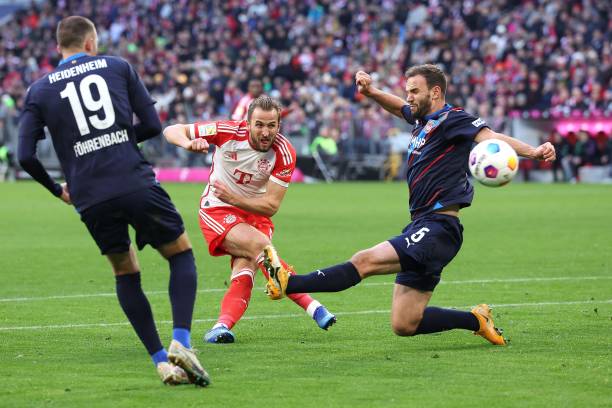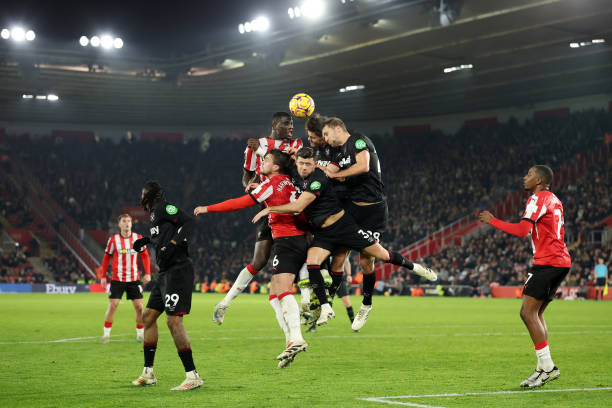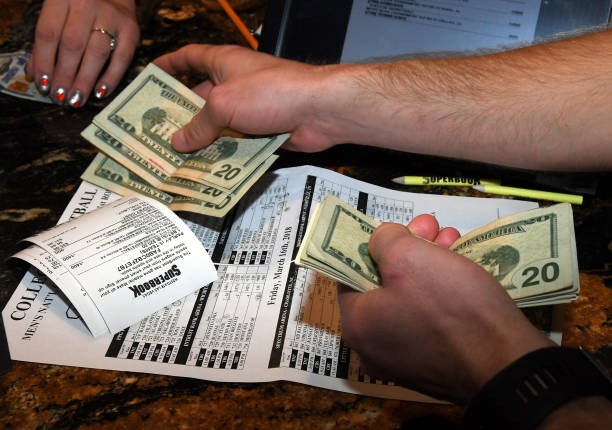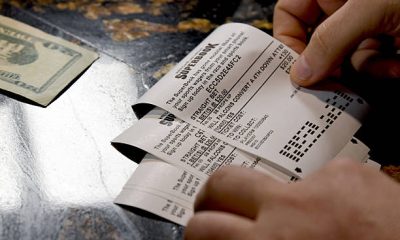
Football betting is one of the most popular forms of sports betting worldwide, especially during major tournaments like the FIFA World Cup. With millions of fans worldwide placing bets, understanding how the odds for such tournaments are calculated is essential for making informed betting decisions. In this article, we’ll break down how bookmakers calculate the odds for the FIFA World Cup, what factors influence these odds, and the most popular betting markets available to punters.
Understanding Football Betting Odds
Before diving into how FIFA World Cup odds are calculated, it’s essential to understand what football betting odds represent. Essentially, odds reflect the probability of a specific event occurring during a match or tournament. These probabilities are presented in different formats, including:

- Decimal Odds: Commonly used in Europe, Australia, and Canada. They show the total amount a bettor will receive for every $1 wagered, including the stake. For example, decimal odds of 3.50 mean a $1 wager returns $3.50 (including the stake).
- Fractional Odds: Popular in the UK, fractional odds indicate the profit relative to the stake. For example, 5/1 means you win $5 for every $1 wagered, plus the original stake.
- Moneyline Odds: Often used in the United States, these odds are either positive (showing how much you win on a $100 stake) or negative (showing how much you need to stake to win $100).
How Bookmakers Calculate FIFA World Cup Odds
In football betting, bookmakers calculate odds for the FIFA World Cup by analyzing a multitude of factors, including team performances, player form, and historical statistics. They use sophisticated algorithms and statistical models to estimate the probabilities of different outcomes, such as a team winning the tournament or a player finishing as the top scorer.

Bookmakers aim to create odds that attract equal betting action on both sides of the wager. By doing this, they can ensure a profit regardless of the outcome by charging a margin on the odds they offer.
Factors Influencing FIFA World Cup Odds
Several factors influence how football betting odds are set for the World Cup. Here are the main ones:
- Team Form: A team’s performance in the lead-up to the World Cup, including their qualification campaign and recent friendlies, is a significant factor. Bookmakers will analyze team strengths and weaknesses to adjust their odds accordingly.
- Player Form and Injuries: Injuries to key players can dramatically affect a team’s chances of success. If a star player like Messi or Ronaldo is injured, the odds for their team’s success may lengthen.
- Tactics and Coaching: The tactical setup and experience of the coaching staff also play a role. A team with a proven manager who has experience in international tournaments is often favored in football betting odds.
- Historical Performance: Past World Cup results and trends are important. Teams with a rich history, like Brazil and Germany, often have shorter odds due to their proven success in the tournament.
- Team Chemistry and Depth: A team with a cohesive squad and depth in key positions will usually have better odds. Injuries to crucial players or a lack of squad depth can hurt a team’s chances.
- Betting Market Influence: The amount of money being wagered on a particular outcome can influence the odds. If a large number of bets are placed on one team, the bookmaker may adjust the odds to balance their exposure.
- External Factors: Factors such as political instability, weather conditions, or off-field controversies can influence a team’s performance, and bookmakers will adjust their odds accordingly.

Popular FIFA World Cup Betting Markets
Football betting offers a wide range of markets for the FIFA World Cup. Here are some of the most popular ones:
- Outright Winner: A bet on which team will win the World Cup. Bookmakers calculate the odds for this market based on a team’s strength, past performances, and current form.
- Top Scorer: Bettors can place wagers on who will finish as the tournament’s top scorer. The odds are influenced by player form, injuries, and the expected number of games each player will feature in.
- Group Stage Winner: Bets placed on which team will top their group. These odds are calculated based on the team’s ability to perform in group matches and their specific group opponents.
- Match Winner: A bet on the outcome of individual World Cup matches—whether a team will win, lose, or draw. Odds are influenced by a team’s performance, head-to-head statistics, and their opponent’s form.
- Correct Score: A bet on the exact final score of a match. These odds are higher due to the difficulty of predicting the exact outcome of a game.
- Over/Under Goals: A bet on the total number of goals scored in a match. For example, a bet on “over 2.5 goals” means you are predicting that there will be at least three goals scored in the game.
How Betting Markets Affect FIFA World Cup Odds
In football betting, bookmakers adjust the odds based on betting market activity. If a large number of bettors place their money on one team, bookmakers may lower the odds for that team to reduce their potential exposure. Conversely, if a team is not receiving much attention, the odds may be increased to encourage more bets on that team.

The constant movement of odds is one of the characteristics of betting markets. As news breaks (such as an injury to a key player or a surprise result in a match), bookmakers may update their odds to reflect the latest information and balance their books.
SUGGESTED FOR YOU
https://betsavings.com/betting-trends-in-formula-1-2025-complete-guide/
https://betsavings.com/betting-on-major-tennis-tournaments-in-2025/
Adjusting Odds During the World Cup
During the World Cup, bookmakers constantly adjust the odds based on results and betting patterns. If an underdog team performs well and surprises the market, their odds may shorten significantly. Conversely, if a favorite team falters, their odds may lengthen, offering higher potential payouts for bettors.
Bookmakers also adjust odds for various bet types throughout the tournament. For example, after each group match, odds for individual players to win the Golden Boot (top scorer) will shift based on their performance in the group stage.
Conclusion
Football betting during the FIFA World Cup offers a wide range of opportunities for bettors to place informed wagers. Understanding how bookmakers calculate the odds for the tournament—based on factors like team form, player injuries, and market behavior—can provide bettors with a significant edge. Whether betting on the outright winner, top scorer, or match results, knowledge of how odds are set and adjusted is crucial for making smart betting decisions throughout the World Cup.









